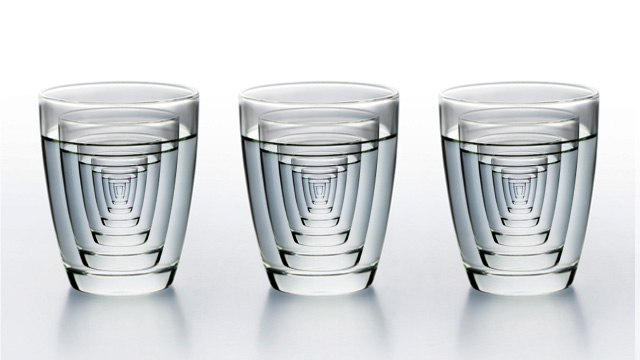Diluting the scientific method: Ars looks at homeopathy (again)
Ars Technica » Scientific Method 2013-04-13

Over the past couple of weeks, Ars has started receiving e-mails about a topic that doesn't really fit into our normal areas of coverage: homeopathy. The belief that the administration of nothing more than water can have a medicinal affect certainly isn't technology, and it only peripherally touches upon science, in the sense that any health benefits it provides seem to involve the placebo affect.
Nevertheless, many of the practitioners of homeopathy have tried to claim the mantle of science, creating scientific-sounding explanations for "water memory"—the idea that a substance can actually gain potency as it is diluted out of existence. These practitioners even formed a peer-reviewed journal to discuss their findings. Six years ago, the journal Homeopathy ran a special issue on these explanations, and the Ars writers teamed up to tackle the bizarre distortions of science that it contained.
So in honor of World Homeopathy Week (which we just received a press release for), we're going to run an updated version of that story. Not because we think there's a value in talking about homeopathy. Rather, by scientifically evaluating homeopathy's attempts to sound scientific and revealing it to be nothing more than "pseudoscience," we think it's possible to learn something about the scientific process and the reasoning that drives it. In turn, we can possibly learn to recognize other areas where scientific reasoning has ended up on the rocks.
This feature was originally published on September 11, 2007.
Welcome to Waterworld
Science can be a tricky thing to define, and it's sometimes easier to contrast it with some of the arguments that pose as science. Unfortunately, most of those issues are entangled with implications that keep the basic question—is this science?—obscured by emotional responses. Thus, the science of climatology has become entwined with political, economic, and policy issues. The science of evolution conflicts with the political and religious goals of some individuals. Even basic scientific questions about the nervous system get embroiled in family and personal health issues when topics like autism and radio frequency radiation are broached.
That's why a special edition of the journal Homeopathy appears to be a gift, allowing us to look at science and pseudoscience without getting entangled with politics and religion. Homeopathy claims to be a form of medical practice that's based on the principle that "like cures like." Given a set of symptoms, a homeopath will identify an herb or chemical that causes similar symptoms. Following a predefined ritual, the homeopath performs a series of dilutions of that chemical that continue well beyond the point where there should be no molecules of it left—the final solution is essentially well-shaken water.
Read 75 remaining paragraphs | Comments